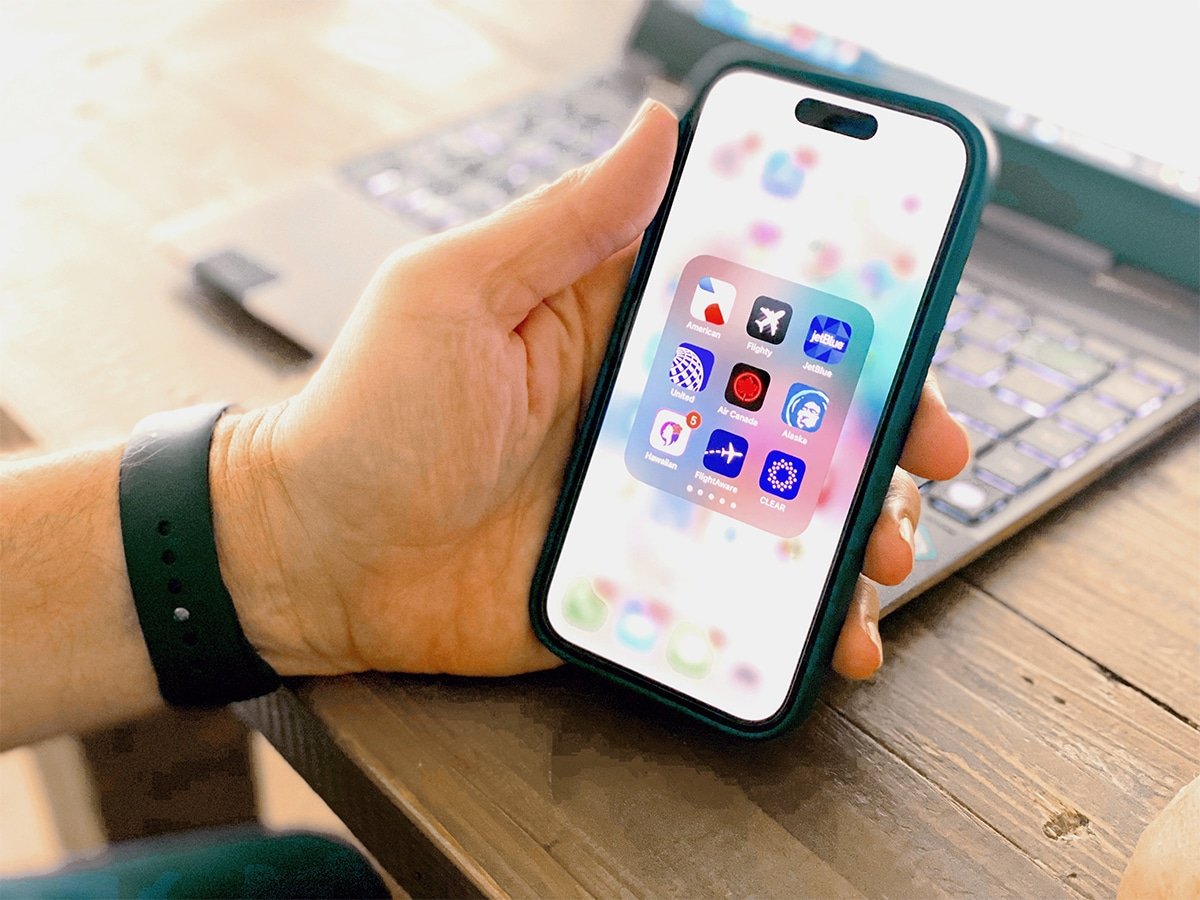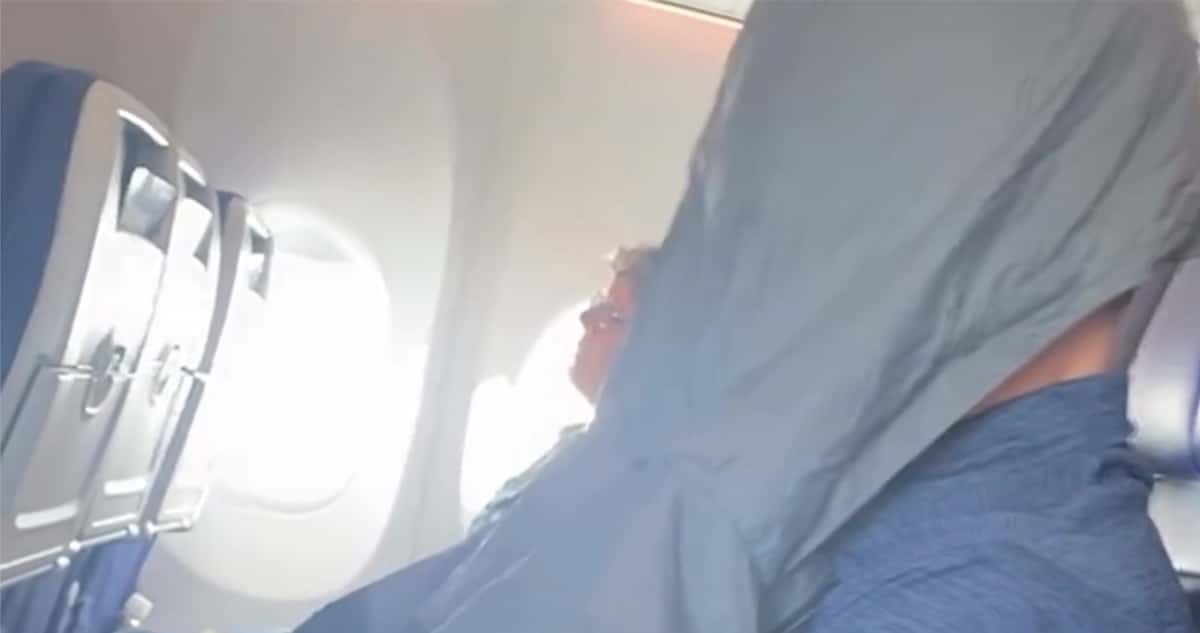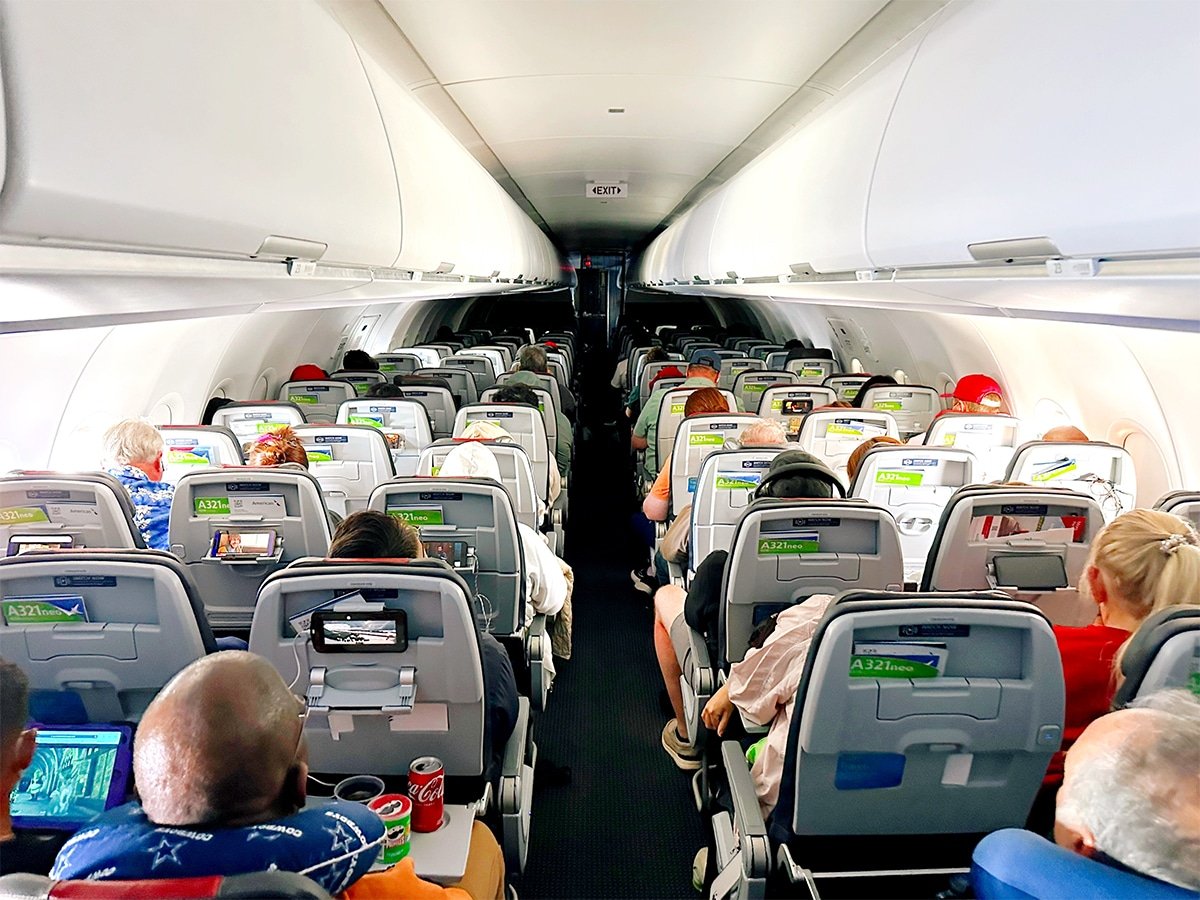
I’ve written before about the importance of bringing a prescription (and refills) with any medications you need to travel with. But there’s a step you need to take before all that, and that’s to make sure you’re allowed to legally enter your destination country or countries with your medications—both prescription and over-the-counter. That information will almost always be available on the Embassy page or the State Department’s page for that country (you can search countries here).
Japan may be the most notable example of a place with significant laws regarding traveler medication. As written by the U.S. Embassy & Consulates in Japan, “it is illegal to bring into Japan some over-the-counter medicines commonly used in the United States, including some inhalers and some allergy and sinus medications. Specifically, products that contain stimulants (medicines that contain Pseudoephedrine, such as Actifed, Sudafed, and Vicks inhalers), or Codeine are prohibited if it contains more than allowed quantity of stimulant raw materials.” The maximums of those raw materials, at the time of this writing, are as follows:
- 10% of ephedrine or
- 10% of methylephedrine or
- 10% of phenylacetic acid or
- 50% of norephedrine (phenylpropanolamine)
Of course, it makes sense to speak to a doctor or pharmacist to find out if a medication is over those limits.
In addition, “stimulant drugs including some prescription medications such as Adderall, and including some medications available over-the-counter in the U.S. are prohibited in Japan. There are no exceptions in bringing these prohibited medications into Japan, even if the medication is legally obtained outside of Japan. The import of stimulant drugs such as methamphetamines and amphetamines in particular are strictly prohibited, even when accompanied by a customs declaration and a copy of the prescription. Japanese customs officials or police can detain travelers importing prohibited items. Japanese customs officials do not make on-the-spot ‘humanitarian’ exceptions for medicines that are prohibited in Japan.”
And finally, there is a one-month-supply maximum on all prescription drugs and another wrinkle for people with syringes and CPAP machines: “Travelers who must carry more than one month’s supply (except prohibited drugs and controlled drugs), or are carrying syringes (pumps) or a CPAP machine, are required to obtain a so-called ‘Yakkan Shoumei,’ or an import certificate in advance, and show the ‘Yakkan Shoumei’ certificate with your prescription medicines at the Customs.”
It’s complicated, so in the end my advice is to know what you’ll need to bring to Japan and check with the embassy and a doctor to make sure everything is in order. And if you need to apply for a Yakkan Shoumei, the link to get that started is here (but again, you may want to call the embassy and a doctor for help).
Don’t forget: Despite the trouble here, Japan is worth it, as we’ve written in these posts:
- 10 Things to Do in Japan’s Chubu Region
- One Day in Tokyo, Japan
- 11 Things to Do in Japan’s Ishikawa Prefecture
- 10 Things to Do in Tokushima, Japan
- My Quick Trip to Tokyo
____________________________________________________________
Have your own tip? Email it to whitney@johnnyjet.com!
Want to see more tips? Click here for all 1,469!
Want even more travel tips? Sign up here for the Daily Travel Tip newsletter! Just fill in your email address and check the Daily Travel Tip box—and you’ll have Johnny’s best tips, straight to your inbox each day!
If you already subscribe to our weekly newsletter, you can sign up on the same page. Just fill in your email and check the Daily Travel Tip box on the same page and you’ll receive an email with a link to update your JohnnyJet.com preferences. On that page, just click the Daily Travel Tip box and Update Profile.







